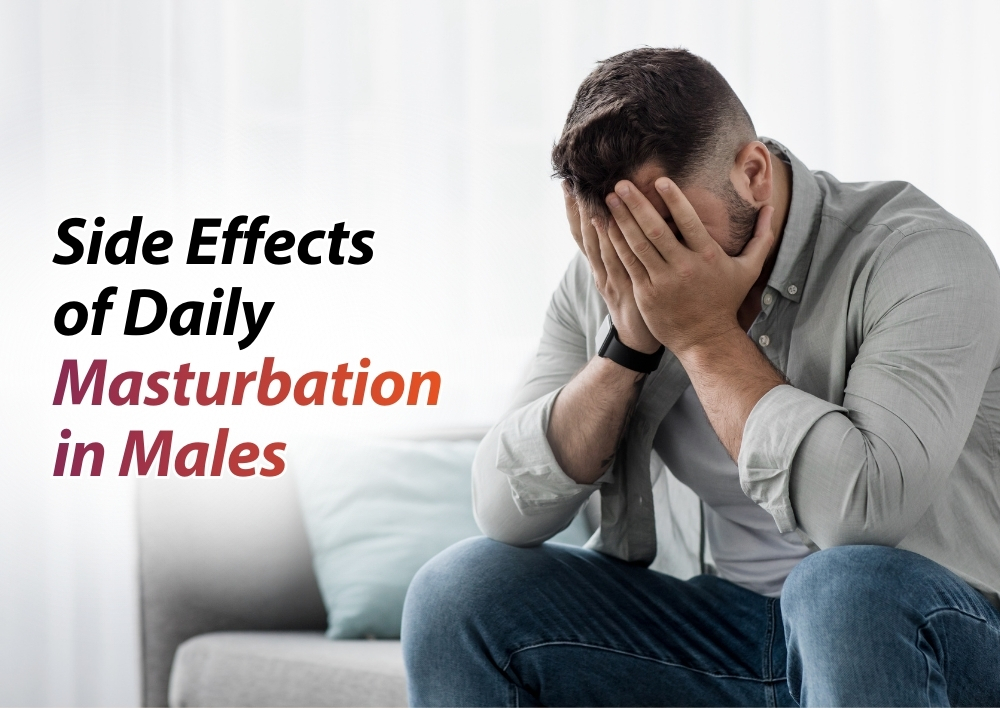Why Secondary Infertility Is Increasing Among Couples?
Summary
When a couple who once conceived easily suddenly struggles to get pregnant again, it can be confusing and heartbreaking. This condition, known as secondary infertility, is becoming more common than many realize. We explain why, what causes it, and the steps you can take to find hope again.
1. Couples are delaying the second child
Many couples wait longer before trying for another baby because of careers, financial planning, child care, or personal goals. Fertility naturally falls with age, especially after 35 for women, so delaying a second pregnancy raises the risk of infertility. Dr. Neha Shriya, a fertility specialist in Gurgaon at Miracles Fertility & IVF Clinic, explains, “Age plays an important role in both male and female fertility. Even a few years can make a significant difference in egg quality, sperm health, and overall conception chances.”
2. Age-related decline in egg quality
Even if a woman conceived easily in the past, her egg quality and ovarian reserve naturally decline with time. With advancing age, the number of healthy eggs decreases, and the chances of chromosomal abnormalities rise, which can make conception more difficult and increase the risk of early miscarriage. Hormonal changes that come with age may also affect ovulation and the ability of the uterus to support implantation.
Men, too, experience gradual changes. While they continue to produce sperm throughout life, sperm count, motility, and DNA integrity tend to reduce over time, which can impact fertilization and embryo development. Together, these age-related changes make it more challenging for couples to conceive naturally as the years pass, even if they had no issues during their first pregnancy.
3. Lifestyle and Health
Modern-day living has significantly influenced fertility health in both men and women. Unhealthy lifestyle choices and rising medical conditions are among the leading contributors to secondary infertility.
Today, many individuals struggle with obesity, hormonal imbalance, thyroid disorders, diabetes, and polycystic ovary syndrome (PCOS), all of which can disrupt normal reproductive function. Excess body weight can interfere with ovulation in women and reduce sperm quality in men. Likewise, being underweight can also cause irregular periods and poor egg development.
A poor diet lacking in essential nutrients, combined with high consumption of processed foods, alcohol, and caffeine, negatively affects hormone regulation and energy balance needed for conception. Smoking and excessive alcohol use have been shown to damage egg and sperm cells, increasing the risk of infertility and miscarriage.
In addition, chronic stress and irregular work schedules, especially those involving night shifts, can disturb the body’s natural hormonal rhythm. This hormonal imbalance may delay ovulation or reduce sperm production, making conception difficult.
Dr. Neha, adds, “Lifestyle has a direct impact on reproductive health. Small changes like maintaining a healthy weight, eating nutritious food, managing stress, and getting enough sleep can significantly improve the chances of conception for couples struggling with secondary infertility.”
4. Reproductive tract infections and pregnancy complications
Undiagnosed infections, including some sexually transmitted infections, can damage fallopian tubes or sperm transport. Complications from a prior pregnancy, cesarean section, or pelvic surgery may also cause scarring and affect fertility.
5. Male factor infertility
Male fertility problems are responsible for a significant share of secondary infertility. Sperm count, shape, and motility can change over time because of illness, medication, lifestyle, or environmental exposures.
6. Environmental exposures
Increased exposure to environmental toxins and endocrine disruptors (found in some plastics, pesticides, and personal-care products) can impact both male and female fertility over time.
Common signs of secondary infertility to watch for
-
No pregnancy after 12 months of trying (6 months if woman >35).
-
Irregular or absent periods.
-
Painful periods or pelvic pain.
-
New sexual problems (low libido, erectile dysfunction).
-
Recurrent miscarriages.
Secondary Infertility Treatment Options
Treatment depends on the cause and the couple’s age:
-
Lifestyle changes: weight management, quitting smoking, reducing alcohol, balanced diet, and stress reduction.
-
Medical treatments: ovulation induction or medications to regulate cycles.
-
Surgical correction: for blocked tubes or pelvic adhesions.
-
Assisted reproduction: IUI (intrauterine insemination) or IVF (in vitro fertilization) when needed.
-
Male-specific treatments: medication, surgery for varicocele, or assisted techniques like ICSI when sperm quality is poor. A fertility specialist customizes the plan after investigations.
Conclusion:
Secondary infertility can be surprising and emotionally draining. However, many causes are treatable, and early evaluation improves outcomes. If you are struggling to conceive again, you don’t have to face it alone. Consult a fertility specialist near you and get guidance on testing, treatment options, and lifestyle steps tailored to your needs.
Frequently Asked Questions
It is becoming more common due to delayed family planning, age-related fertility decline, lifestyle issues, and underlying health conditions.
Age, hormonal changes, stress, or reproductive complications after the first pregnancy can make conceiving again more difficult.
If you’re unable to conceive after 12 months of regular, unprotected sex (or 6 months if over 35), it may indicate secondary infertility.
Adopt a healthy lifestyle, manage stress, seek timely fertility evaluation, and follow treatment options like IUI or IVF if needed.
Yes, chronic stress can affect hormone levels, ovulation, and sperm quality, reducing the chances of conception.
















Was the information useful?
0 0